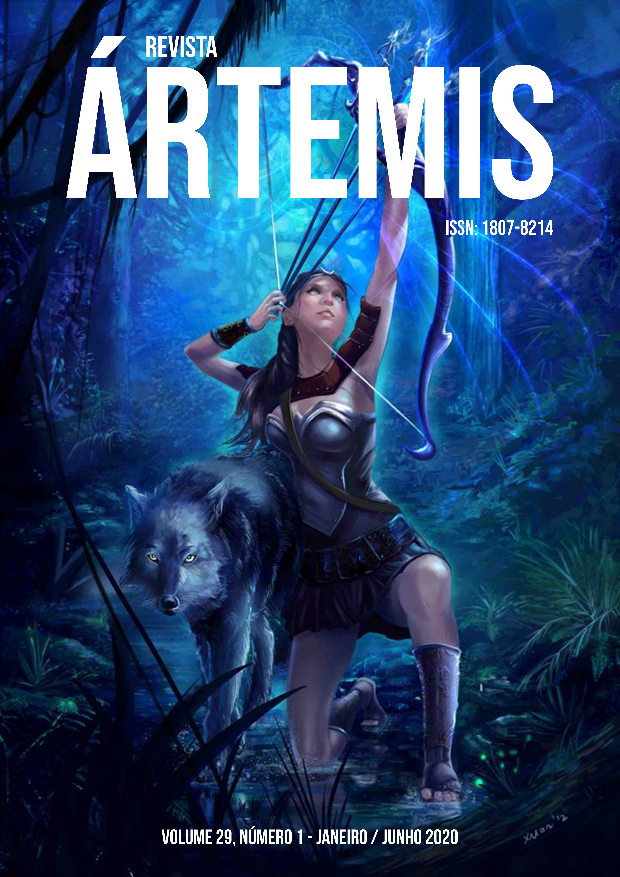Ecocriticism and Ecofeminism: A reading of the short-story “A porca”
DOI:
https://doi.org/10.22478/ufpb.1807-8214.2020v29n1.52532Keywords:
Nature, Ecocriticism, Ecofeminism, Literary analysisAbstract
The paper aims a literary analysis of the short-story “A Porca", written by Tânia Jamardo Faillace (2000), published in 1976, to understand the meanings produced by the physical and natural world, besides the non-human animal versus the woman human animal. For this purpose, it is contextualized the literary text, the writer and her work, also, it is explained the concepts of Ecocriticism and Ecofeminism, according to Glotfelty (1996) and Feldman (2015) respectively, whom substantiated the short-story reading. Based on this, it is analysed the physical and natural world existent into the narrative; afterward, it is investigated the symbolic relations built between the sow and the mother. It is verified, therefore, that these elements act like human representation codes, resulting in an anthropocentric dualism between human and nature: an ideology that feed beliefs and anti-ecological practices, besides authorizing a domination logical, between men and women, oppressors and oppressed, humans and non-humans.







